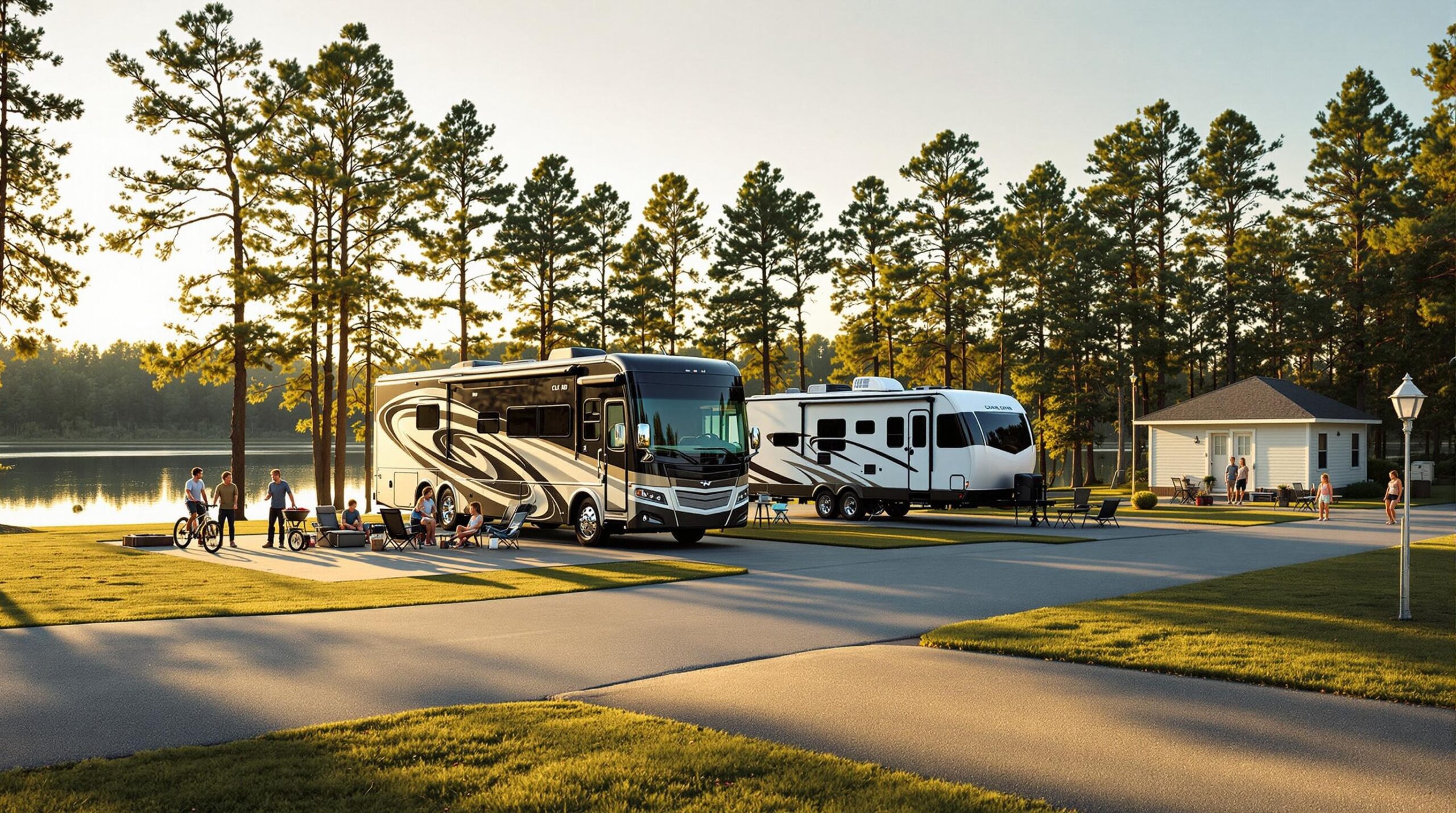Three British Columbia operators shared updates in Residential Tenancy Branch (RTB) arbitration hearings after extended-stay guests filed claims asserting tenant status under the province’s Residential Tenancy Act.
The decisions, which found that the guests were licensees rather than tenants, clarified jurisdictional boundaries and underscored the significance of clear occupancy agreements.
Two of the three operators reported favorable rulings from RTB arbitrators, who concluded that the RTB lacked jurisdiction to hear the disputes. In both cases, the arbitrators found that the occupancy arrangements constituted licences to occupy, not tenancies, based on the facts presented during the hearings.
In one case, the RV park owner expressed gratitude in a written statement: “We got our decision from RTB, and they ruled in our favour!! It’s a win for all the RV Parks in BC as well. Ron and I wanted to thank you for all your support and guidance. We couldn’t have done it without you. So very grateful to you, Darlene and BCLCA. We truly feel that we have control of our Park. Again, thank you so much.”
The outcomes are considered a positive precedent for park operators navigating disputes over long-term occupancy. The B.C. Lodging and Campgrounds Association (BCLCA) supported members through the arbitration process, emphasizing the importance of properly structured agreements.
Under a licence to occupy, individuals are granted permission to use a site or unit but may have that permission revoked at any time. Occupants under such arrangements are not required to give notice before checking out, unlike tenants protected under the Residential Tenancy Act.
The RTB does not also have authority under the Manufactured Home Park Tenancy Act (MHPTA) to rule on disputes involving licences to occupy. It is up to the individual making the application—typically the guest—to prove that a tenancy agreement exists for the RTB to assert jurisdiction.
In determining whether a tenancy exists, arbitrators examine the intention of both parties and consider the surrounding circumstances.
To assist members, the BCLCA offers best practice resources, including extended stay guidelines, license to occupy templates, storage agreements, and termination documents.


